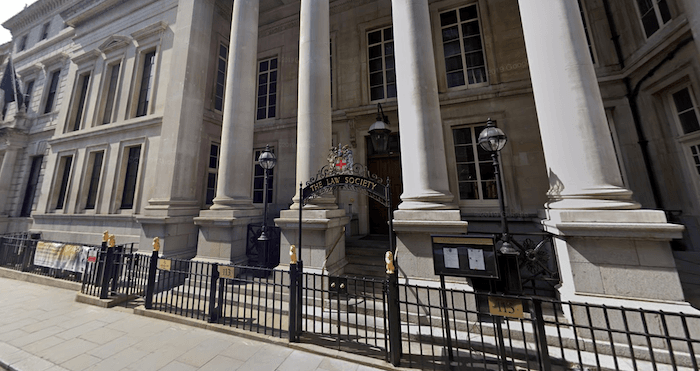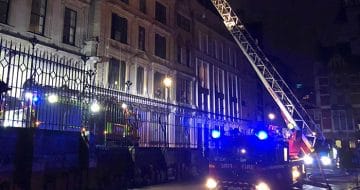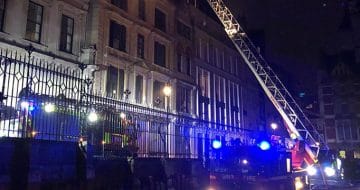Research proposed by Society’s BAME network

The Law Society of England and Wales is to investigate its historical relationship with slavery, it has been announced.
The almost 200-year old institution has said it will commission research to understand the extent to which it may have “supported, financed, facilitated or benefitted — either directly or indirectly — from historic slavery and colonialism through its activities during the 19th and early 20th century”.
The Law Society’s origins date back to around 1739, with the establishment of the ‘Society of Gentlemen Practisers’. The Practisers were the first association of attorneys and solicitors created to protect the interests and enhance the conduct of the profession.
The Society’s more immediate origins trace back to 1823 when solicitors called for the formation of the ‘London Law Institution’. The Institution would raise the reputation of the profession by setting standards and ensuring good practice. By 1825, ‘London’ was dropped from the title to reflect the Institution’s national aspirations, and the Society was founded as ‘The Society of Attorneys, Solicitors, Proctors and others not being Barristers, practising in the Courts of Law and Equity of the United Kingdom’.
The Society received its first royal charter in 1831, and opened a new building on London’s Chancery Lane, its current premises, the following year. A new royal charter in 1845 defined the Society as an independent, private body servicing the affairs of the profession.
In 1903, the Society changed its official name to ‘The Law Society’.
The Law Society said:
“Our research, which will involve an investigation of historical documents, archives and the Law Society’s own collection, will document the relationship of the organisation and its key figures with historical slavery and colonialism. The research was proposed by the Law Society’s black and minority ethnic (BAME) network and will be overseen by a steering group of members of the network.”
The Law Society said it will share and discuss the findings in the autumn.
The investigation comes as a number of City law firms were found to have past links to the slave trade.


